Nobody stops learning. Throughout our lives, we are always the student. No matter what profession you may go into, no matter your status, you are always learning and you should always be asking questions.
Teachers, this includes you too.
So what questions could teachers be asking themselves to make sure they are being the best teacher they can be?
What makes a good teacher? What could I be doing better? Which of my students am I not reaching?
For so long we’ve assumed that it’s ok to place the blame on students for their own failure. Being in this state of mind for as long as we have, many students blame themselves for messing up. Some of us never take the time to stop and think, “What if it’s not me?”
A successful education is a two-way street: teachers guide students to help them reach their full potential and in return, students put in the work asked of them. More often than not, if a student’s grades start to slip the teacher is not to blame.
However, there are times where a student will experience a brief period where their grades drop, even if it’s just a little bit. Whether it’s because of missed homework or simply not studying, most of us have had a similar experience with a lack of effort from time to time.
But I do I think we all have gotten a little too comfortable with the idea of it always being the students’ fault that they aren’t getting good grades. Blaming a student’s laziness or lack of motivation should not be used as an end-all-be-all safety net when it comes to finding the source of a bad grade. What happens when the student is not to blame? Where do we go from there?
Think about it: if a student’s grades slip because of their own doing, then it is just as possible to watch your grades suffer because of a teachers slip up. Anything from teachers not putting grades in on time to teachers who put way to much responsibility on their students, can have a negative effect on a student’s overall grade.
When teachers fail to do their job, a student can’t successfully do theirs. If a teacher neglects to put in grades, how will a student know how they are doing? I know teachers are very busy people, so I’m not saying grades need to be entered within the day an assignment is due. However, when weeks and weeks go by with no new grades entered, it’s difficult for students to know what they need to improve upon.
Another problem is when teachers give too much work. I’m not saying all homework is bad, but some teachers have a hard time realizing that their students have clubs, sports, or simply an outside life. Some students simply don’t have the time or energy to keep up with the workload. When students are given too much work, a lot of the time the student will have to pick and choose between assignments. They have to make a decision between picking the ones that are worth the most points or picking the ones that will give them the extra practice.
Students are taught time management from a young age, yet some teachers push the boundaries of time management with excessive homework or busy work. Many teachers today don’t realize that their class is not always top priority.
Students can have up to seven more classes to manage their time for. Regardless, it’s important that students complete their homework, but giving too much work and acting like your class is number one isn’t the key to helping your students.
If students are doing their part and they are still not succeeding in class, then this is where a teacher could really make a difference. Or to the kid who isn’t doing their part, the teacher would be able to help get them to care. Sometimes.
Unfortunately, there will be those students who simply don’t care. There is only so much that a teacher can do to help a student. But many people just need that extra push from a teacher to help them find their way.
The main goal here is to make sure that teachers are providing the extra help a student needs. Sometimes this help doesn’t come in the form of extra practice, but from an open, friendly conversation between the student and the teacher to come to the source of an issue involving the classroom or its instructor.
If students ask themselves “What could I be doing wrong?” teachers should be just as responsible to ask themselves the same question.
It is so important for teachers to interact with students more than some do. Teaching isn’t just about standing in front of a classroom and writing on the board. It’s about interacting with your students and making sure that they are understanding the material. Have them be more than just a name to remember.
Interacting with students is half the battle. Being aware of what is going on in your classroom and trying your best to provide a teaching style that will most benefit your students. Granted, students have different preferences in terms of how they learn, but there is no harm in doing more than just standing in front of a class and rambling on.
Today, many educators prefer to stick with a one size fits all method. They teach the same thing to everyone, expect that everyone will understand and those who don’t understand will ask a question. It’s not always that easy.
Teachers can’t expect that every student will ask for help in front of an entire class. Some people really struggle when it comes to interpreting a class and bring the center of attention to themselves by asking a question. Many teachers today put their maturity expectations at a standard that students have a hard time meeting. If too many teachers think we are more mature than we are, then we will be given responsibilities we may not be able to handle or keep up with.
Teenagers don’t think like adults. As much as some of our teachers would love to deny that and pretend we are all equally as mature as an adult, it’s simply is not true. You can’t put a 40-year-olds head on 16-year-olds shoulders.
Students and teachers need to work collaboratively to ensure a successful day at school. If we get graded on our academic knowledge, students should have just as much of a right to do the same to our teachers. Of course not in a rude way, but in a constructive way that helps solve an issue a student may have with a teacher or their methods.




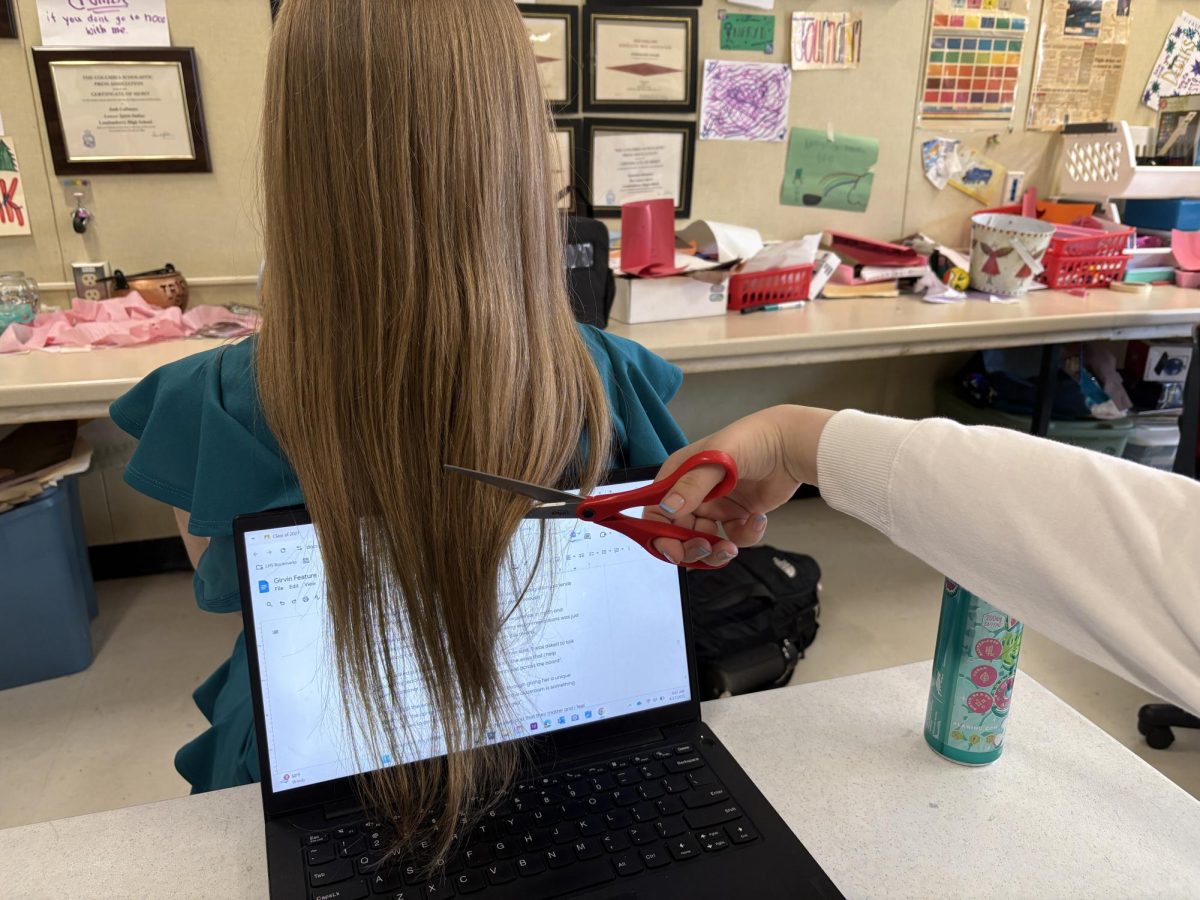

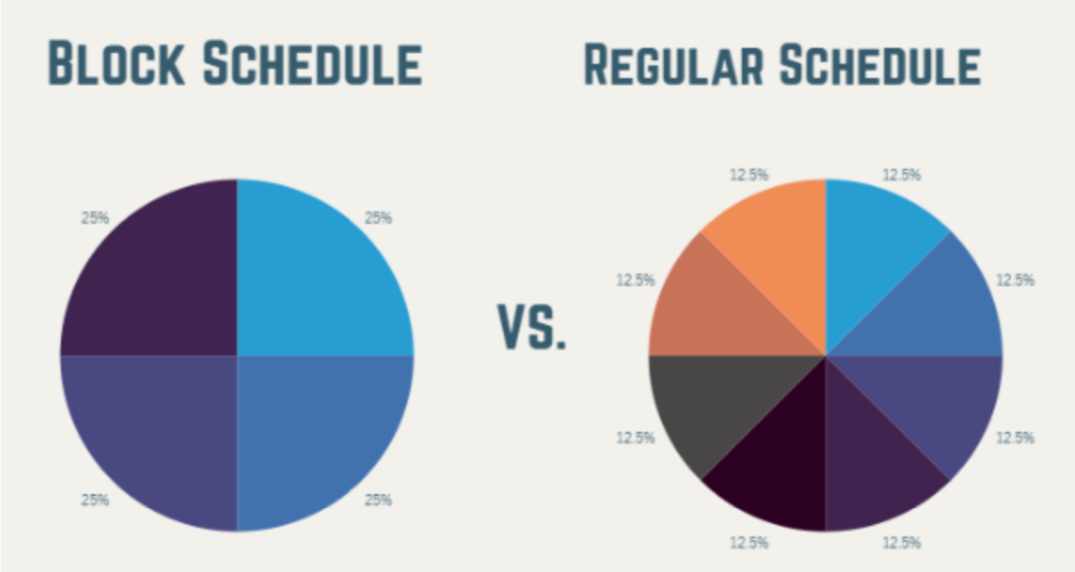


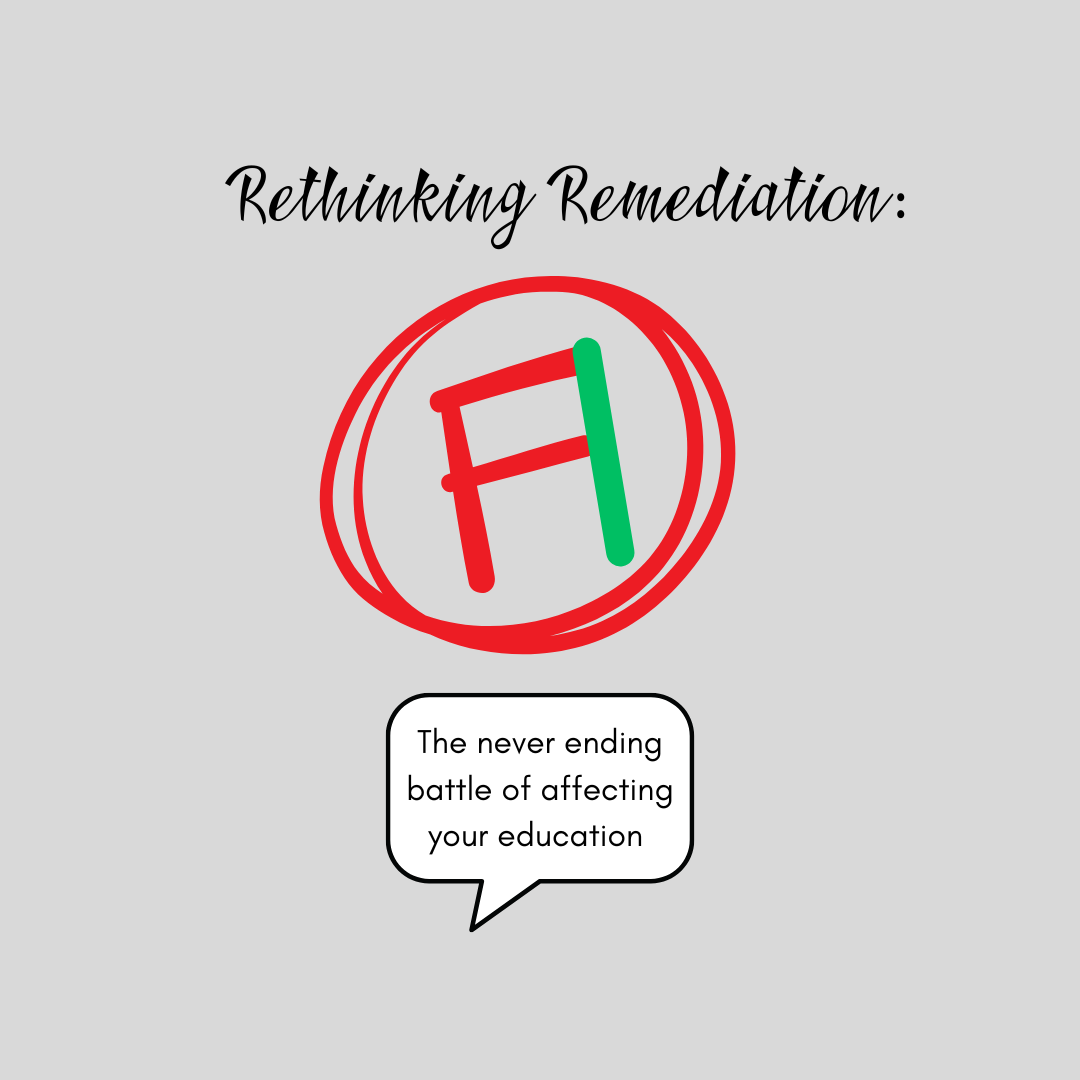



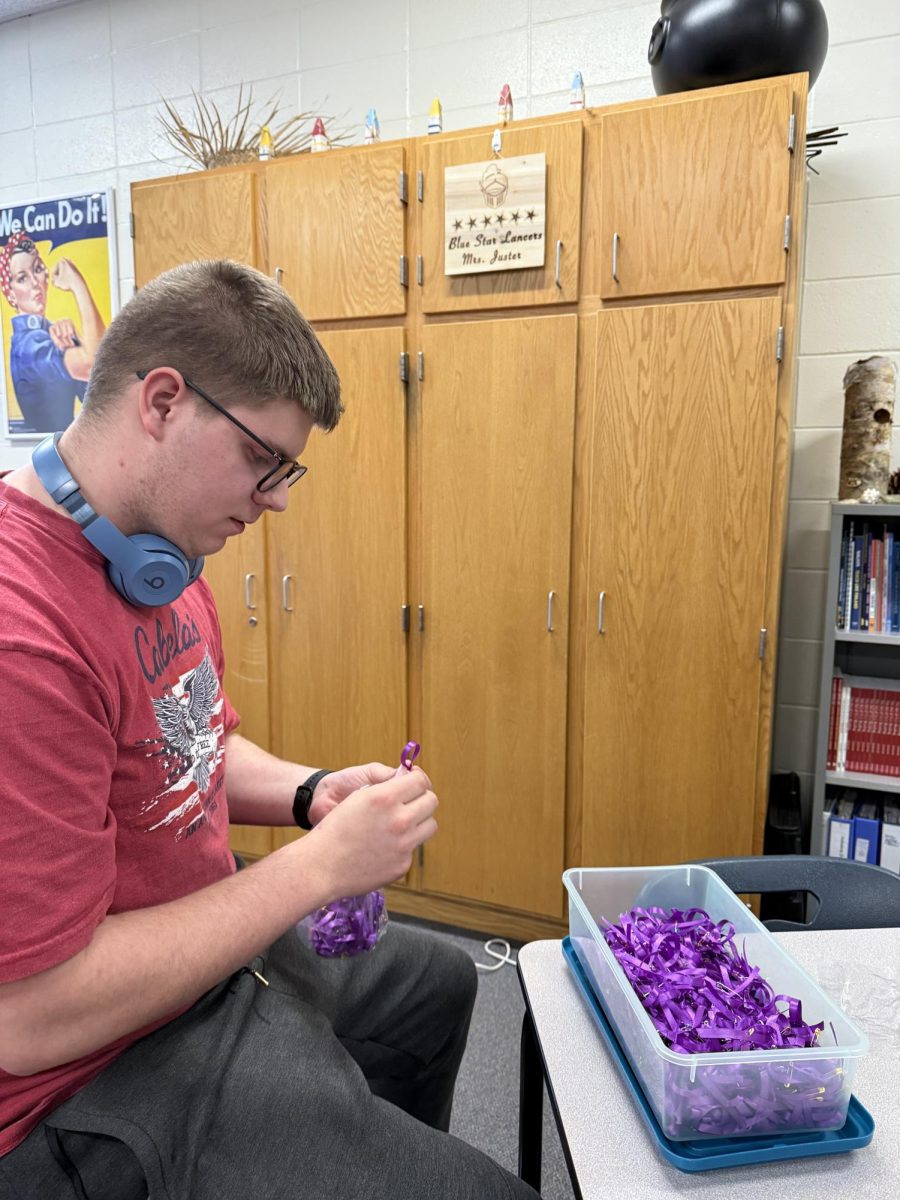

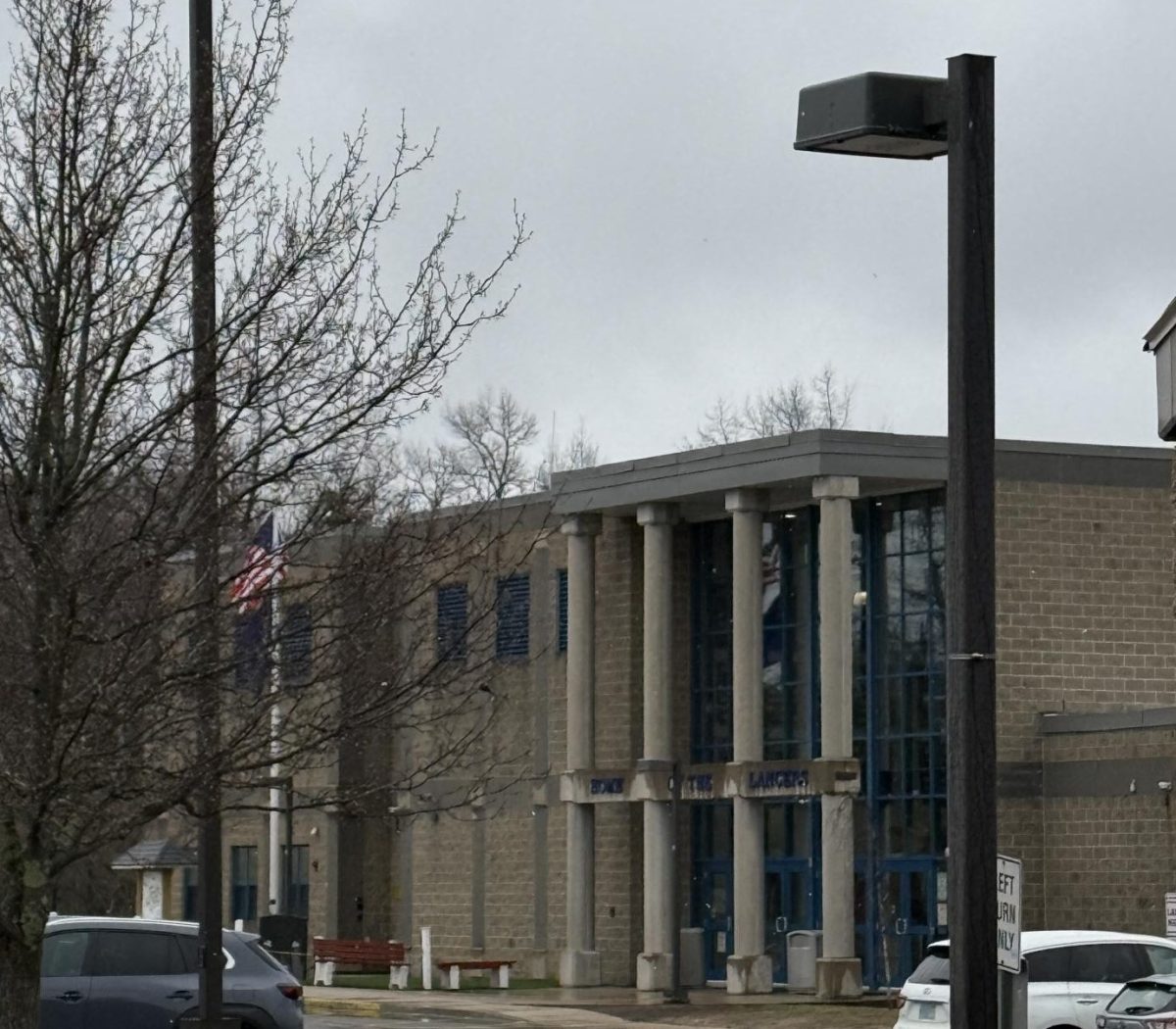

Kate Sherwood
Mar 27, 2019 at 8:09 pm
Michael,
I loved hearing your voice in this piece! I especially appreciated what you wrote about the collaboration between a student and teacher. Keep writing your opinions!
Mrs. Sherwood